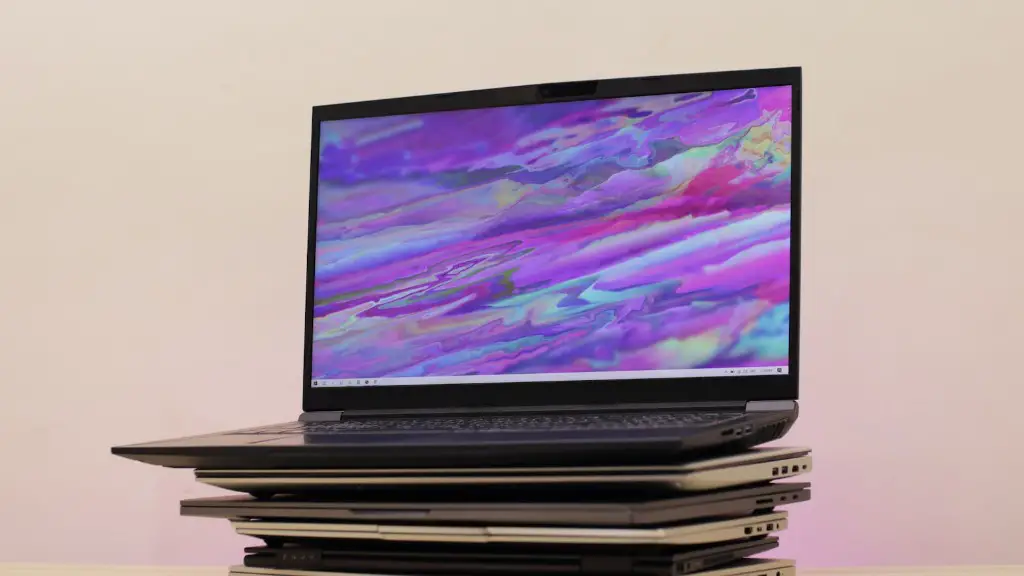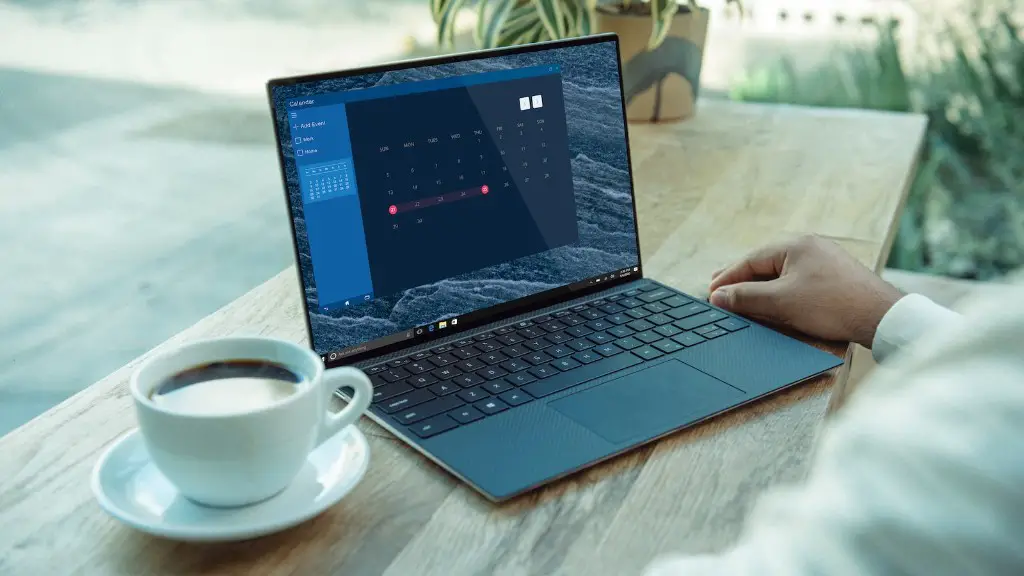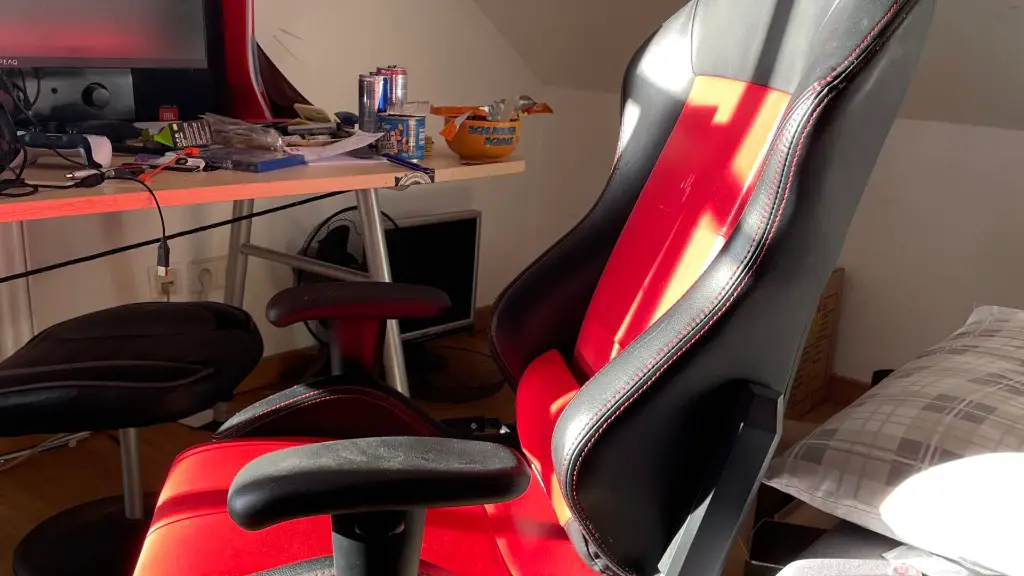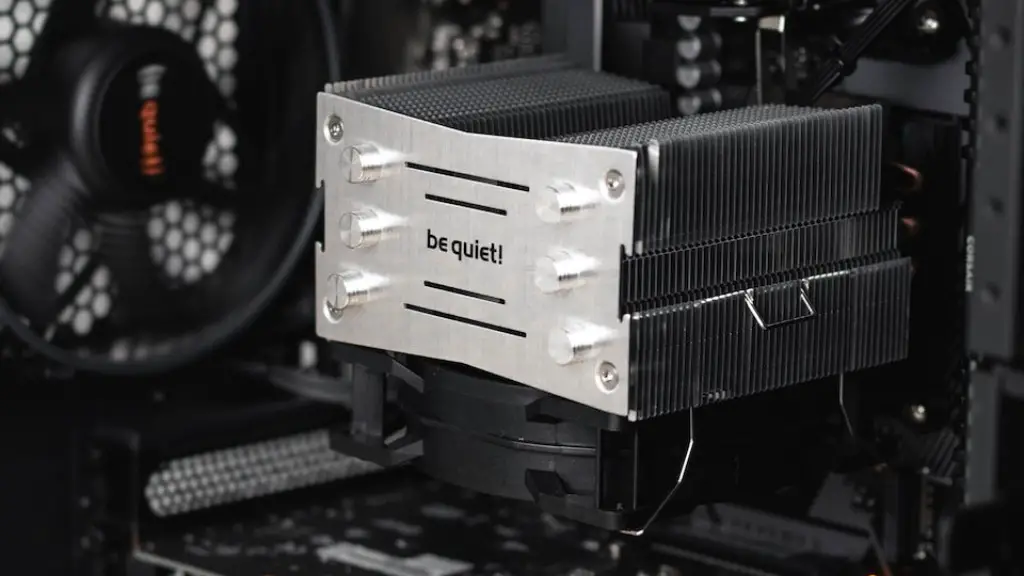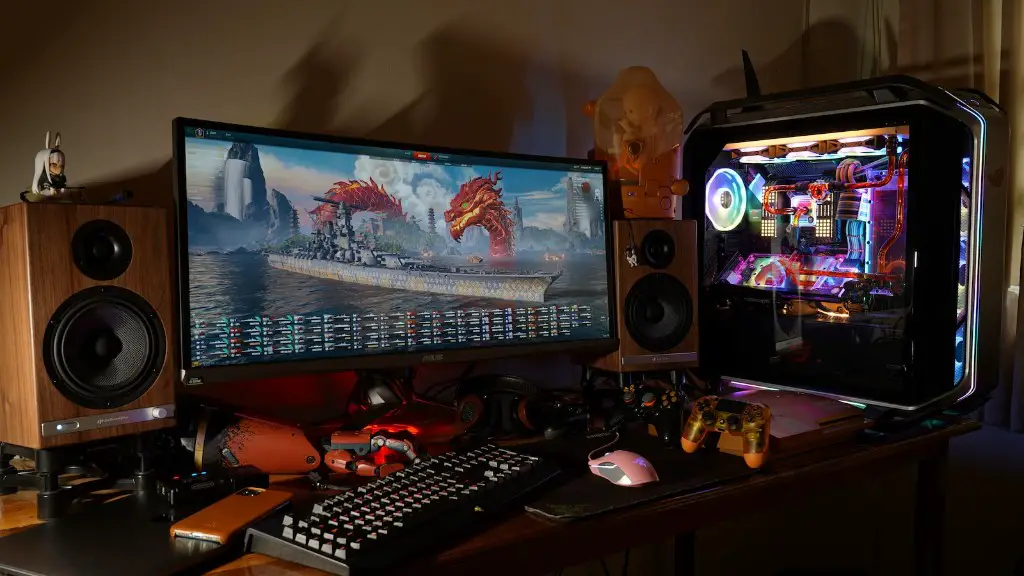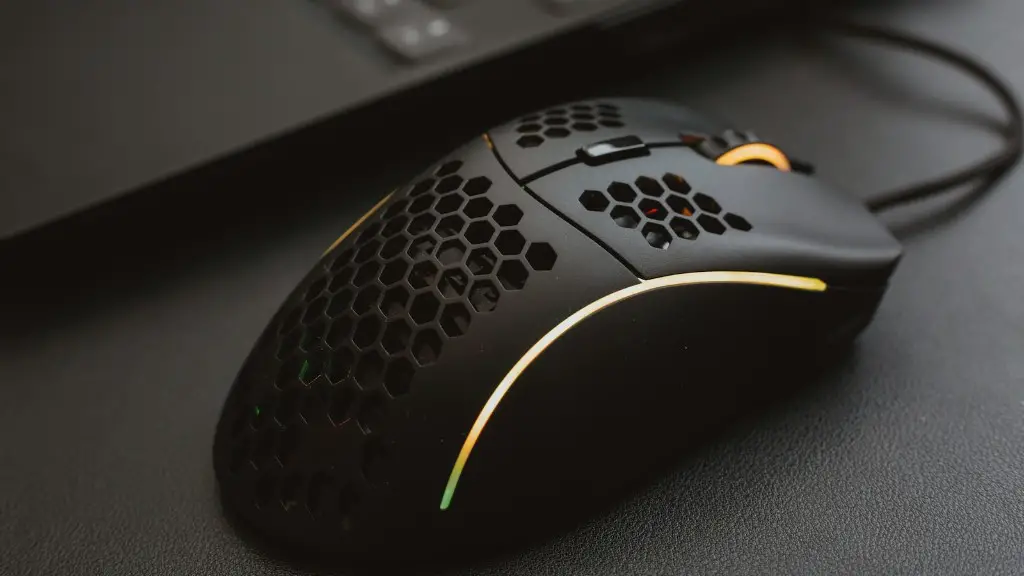When it comes to laptops, there is no one-size-fits-all answer to the question of how hot they should get. It depends on a variety of factors, including the make and model of the laptop, the type of processor it has, and how demanding the game or games you’re playing are. That said, there are some general guidelines you can follow to help ensure your laptop stays cool during extended gaming sessions.
How hot should my gaming laptop get?
There is no one answer to this question since it can vary depending on the make and model of your gaming laptop. Generally speaking, your laptop should not get too hot to the touch and you should be able to keep it on your lap without discomfort. However, if your laptop does get too hot, it is important to take measures to cool it down to avoid any damage.
Is it normal for gaming laptop to get hot?
As long as the laptop isn’t overheating to the point where it’s uncomfortable to use or the fan is running constantly, then there’s no need to worry. If the laptop is overheating, then there are a few things that can be done to help mitigate the problem. Make sure that the laptop is well-ventilated, with nothing blocking the air vents. If possible, use the laptop on a hard surface instead of on your lap. And avoid power-intensive operations as much as possible.
It is important to note that while 90°C is generally considered safe for gaming laptops, operating at high temperatures for extended periods of time can increase the risk of component failure and shorten the overall lifespan of the device. If possible, it is best to avoid operating your laptop at high temperatures for prolonged periods of time.
Do gaming laptops need cooling pads
It’s important to keep your gaming laptop cool, but don’t expect miracles from doing so. Some people believe that cooling a gaming laptop will help keep temperatures in check and will technically improve performance, but the reality is that you can’t improve your gaming experience by putting a couple of fans under your laptop. at best, you might see a marginal improvement in performance, but it’s not going to be anything significant. So, if you’re looking to improve your gaming experience, invest in a better graphics card or processor instead of trying to cool down your laptop.
Laptops have been designed to work within a safe temperature range, typically between 50 to 95 degrees F (10 – 35 degrees C). This range refers to the optimal usage temperature of the outside environment and the temperature the laptop should be warmed to before using. Laptops should not be used in environments that are outside of this temperature range, as doing so can cause damage to the laptop and potentially shorten its lifespan. If you must use your laptop in an environment that is outside of the safe temperature range, make sure to take breaks often and allow the laptop to cool down to avoid damage.
IS 100c too hot for gaming laptop?
While it’s not the most dangerous thing in the world, having your CPU temperature above 100 C for prolonged periods of time can be damaging. Other gaming laptops are able to keep their CPU temperatures at 80 C or cooler, so it’s something to be aware of if you’re using this kind of laptop.
When looking for a gaming laptop, it is important to consider its performance and lifespan. A good gaming laptop should last around five years and have the same or better performance as a console. The GPU affects a gaming laptop’s lifespan the most and most gaming laptop hardware is not upgradable, so it is important to spend your money wisely.
Is 100 degrees normal for gaming laptop?
It’s perfectly normal for a gaming laptop to get up to 75-80°C under load. If it gets any hotter than that, the performance will begin to suffer because of “thermal throttling.” Thermal throttling is a safety measure that’s built into most computer hardware. When things start to get too hot, it’ll reduce the clock speed to keep the temperature at a safe level.
Computer overheating is a common issue, especially for laptops. There are a few things you can do to help prevent your laptop from overheating.
1. Check and clean the fans. Whenever you feel your laptop getting hot, place your hand just next to the fan vents to feel if they are blowing out hot air. If they are, then the first step is to clean the fans. You can use a can of compressed air to blow out any dust that may be blocking the airflow.
2. Elevate your laptop. When you are using your laptop on a flat surface, the airflow is restricted. By elevating your laptop on a stand or a lap desk, you can help improve the airflow and prevent the laptop from overheating.
3. Use a fan control software. There are a few different software programs that you can use to control the fans on your laptop. By setting the fans to run at a lower speed, you can help reduce the amount of heat that is generated.
4. Avoid using Intense processes. If you are running processes that are intense and require a lot of processing power, they can cause your laptop to overheat. Try to avoid running these types of programs for extended periods of time.
How can I cool down my laptop while gaming
Your gaming laptop can overheat if you don’t take proper care of it. Here are some tips to help keep it cool and prevent overheating:
– Ensure lower graphics settings and FPS
– Replace the thermal paste
– Avoid running excessive programs
– Optimize game settings
– Keep the laptop clean
– Choose a flat surface for using the laptop
– Undervolt and underclock
Thermal paste is a type of thermal interface material (TIM) that is used to fill the gaps between a heat sink and a CPU. Its purpose is to improve the thermal conductivity between the two surfaces and to prevent the formation of air pockets, which can cause overheating.
Applying thermal paste can be a tricky process, and it’s important to make sure that you’re doing it correctly in order to get the best performance from your CPU. Here are a few tips:
– Make sure that both the heat sink and CPU are clean before application. Any dust or dirt will reduce the effectiveness of the thermal paste.
– Apply a small amount of thermal paste to the center of the CPU. You don’t need to use a lot, and too much can actually reduce performance.
– Spread the thermal paste evenly over the surface of the CPU using a flat, non-metallic object. A credit card or business card is usually a good choice.
– Once the thermal paste is applied, you can install the heat sink according to the manufacturer’s instructions.
By following these simple tips, you can ensure that your CPU is properly cooled and functioning at its best.
How do I know if my laptop is too hot?
If your computer is overheating, it’s important to take measures to cool it down as quickly as possible. Some signs that your computer is overheating include a device that’s hot to the touch, a fan running in overdrive, and loud whirring noises coming from your machine. You may also experience slowdowns or shutdowns as your computer tries to end tasks to cool down and prevent internal damage. To help cool down your computer, try turning off any unnecessary components, such as extra lights or USB devices, and make sure that all ventilation openings are clear. You can also try temporarily removing the computer’s case to help improve airflow. If your computer continues to overheat, it’s best to consult a professional for assistance.
As a general rule, anything under 60 degrees C (140 degrees F) is perfect for a computer. Just above this temperature is okay, but as you creep above 70 degrees C (158 degrees F), you should look at how to cool your PC down. Above 81 degrees C (178 degrees F) is too hot and could cause damage to your computer if you run it for a sustained period.
What is a safe CPU temp while gaming
Anything between 40–65°C (or 104–149°F) is considered a safe heat range for a normal workload. However, while running more intensive apps or games, the normal CPU temp range can increase to between 70–80°C (158–176°F). So long as you don’t exceed these temperatures, your CPU should be fine.
Modern GPUs from both NVIDIA and AMD are designed to be safe at temperatures below their maximums, although it is always best to keep an eye on the temperature of your GPU to ensure that it remains within an acceptable range. Generally speaking, you should aim to keep your GPU below 85C under full load if you have an NVIDIA GPU, and below 100C under full load if you have an AMD GPU. However, the most recent AMD GPUs can hit their max temperature at 110C, so it is still important to monitor the temperature of your GPU even if it is within this range.
Are laptop cooling pads worth it?
A cooling pad can improve airflow and help keep a laptop cool, but it will only do so much. The biggest difference comes from raising the laptop up off the surface, which allows for much better air circulation.
A temperature between 90 to 100 degrees celsius is considered to be too hot for a GPU. If it goes more than that, there might be permanent damages to your processor. To help you in this case, we have discussed everything you need to learn about GPU heat and how to control the heat.
Is it OK to use gaming laptop everyday
So are gaming laptops good for everyday use? In the end, it will come down to your personal use case. If you literally only game on your laptop, then yes a gaming laptop would be perfect for everyday use. If you need a combination of good CPU+GPU performance on the go, it could also be a good option.
So, if you’re looking for a laptop to use for work and you’re also interested in gaming, then a gaming laptop is a great option! Just make sure to choose one with a good battery life so you can actually get some work done while you’re on the go.
Warp Up
It is typically safe for a gaming laptop to get up to around 95 degrees Fahrenheit, but some models can run hotter. If the laptop is getting too hot, it is recommended to use a cooling pad to help keep the temperature down.
There is no one answer to this question as it depends on a number of factors, including the type of laptop, the type of games you’re playing, and how intensive those games are. However, as a general rule of thumb, you shouldn’t let your gaming laptop get any hotter than 80 degrees Fahrenheit. If it starts to get any hotter than that, it’s a good idea to take a break and let it cool down.
